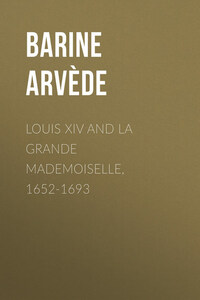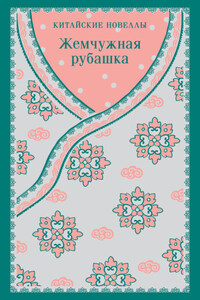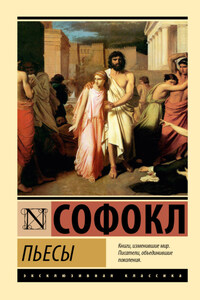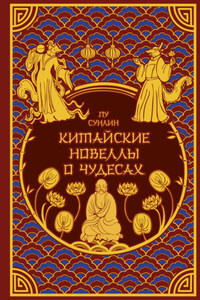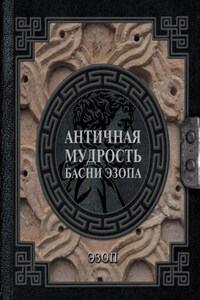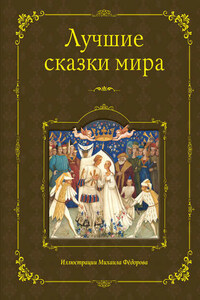IN the volume entitled The Youth of La Grande Mademoiselle I have tried to present the conditions of France during the period in which the ancient liberties of the people and the turbulent society which had abused its privileges suffered, in the one case death, in the other extinction.
As is always the case, a lack of proper discipline had prepared the way for absolute rule, and the young King who was about to assume full power was an enigma to his subjects. The nearest relatives of Louis had always found him impenetrable. The Grande Mademoiselle had been brought up side by side with her cousin, but she was entirely ignorant of his real character, knowing only that he was silent and appeared timid. In her failure to understand the King, Mademoiselle showed herself again a true child of her century.
At the moment in which the Prince assumed full power, his true disposition, thoughts, and beliefs were entirely hidden from the public, and Saint-Simon has contributed to this ignorance by prolonging it to posterity. Louis XIV. was over fifty when this terrible writer appeared at Court. The Mémoires of Saint-Simon present the portrait of a man almost old; this portrait however is so powerful, so living that it obliterates every other. The public sees only the Louis of Saint-Simon; for it, the youthful King as he lived during the troubled and passionate period of his career, the period that was most interesting, because most vital, has never existed.
The official history of the times aids in giving a false impression of Louis XIV., figuring him in a sort of hieratic attitude between an idol and a manikin. The portraits of Versailles again mask the Louis of the young Court, the man for whose favour Molière and the Libertines fought with varying chances of success.
In the present volume I have tried to raise a corner of this mask.
The Mémoires of Louis XIV., completely edited for the first time according to any methodical plan in 1860, have greatly aided me in this task. They abound in confessions, sometimes aside, sometimes direct, of the matters that occupied the thoughts of the youthful author. The Grande Mademoiselle, capable of neither reserve nor dissimulation, has proved the next most valuable guide in the attempt to penetrate into the intimate life of Louis. As related by her, the perpetual difficulties with the Prince throw a vivid light upon the kind of incompatibility of temper which existed at the beginning of the reign between absolute power and the survivors of the Fronde.
How the young King succeeded in directing his generation toward new ideas and sentiments and how the Grande Mademoiselle, too late carried away by the torrent, became in the end a victim to its force, will be seen in the course of the present volume, provided, that is, that I have not overestimated my powers in touching upon a subject very obscure, very delicate, with facts drawn from a period the most frequently referred to and yet in some respects the least comprehended of the entire history of France.
Exile – Provincial Life – Conversation at Saint-Fargeau – Sentiment towards Nature in the Seventeenth Century – Differences between Mademoiselle and her Father – Mademoiselle Returns to Court
THE Fronde was an abortive revolution. It was condemned in advance, the leaders having never clearly known what ends they were seeking. The consequences of its failure proved to be of profound importance to France. The civil disorders existing between 1648 and 1652 were the last efforts of the French against the establishing of absolute monarchy, to the strengthening of which the entire regency of Anne of Austria had tended. The end of these disorders signified that the nation, wearied and discouraged, had accepted the new régime. The result was a great transformation, political and moral, so great that the Fronde may be considered as clearly marking a separation between two periods of French history – a deep abyss as it were between the times which precede and those which follow.
The leaders of the Fronde had been dispersed by the return of the King to his capital on October 21, 1652. When the exiles returned, some sooner, some later, the last after the Peace of the Pyrénées (November 7, 1659), so great a change had taken place in ideas and customs that more than one exile felt himself in a strange land.
It was necessary to adjust oneself to the new atmosphere. It was very much the same situation – though the Frondeurs were under much lighter accusations – as that experienced by the émigrés returning under the Consulate. The Princess, the events of whose heroic years have been related, offers an excellent example of this condition.
When the Grande Mademoiselle, who had urged on the civil war in order to force Louis XIV. into marriage with herself, obtained at the end of five years, permission to return to Court, she brought with her the old undisciplined habits which were no longer in fashion, and in the end incurred much that was disagreeable. Exile had not weakened her pride. According to a celebrated formula, she had learned nothing, she had forgotten nothing; she remained that person of impulse of whom Mme. de Sévigné said, "I do not care to mix myself with her impetuosities."
